Ramaphosa and Trump discuss Ukraine peace and strengthening bilateral ties
- Update Time : Friday, April 25, 2025
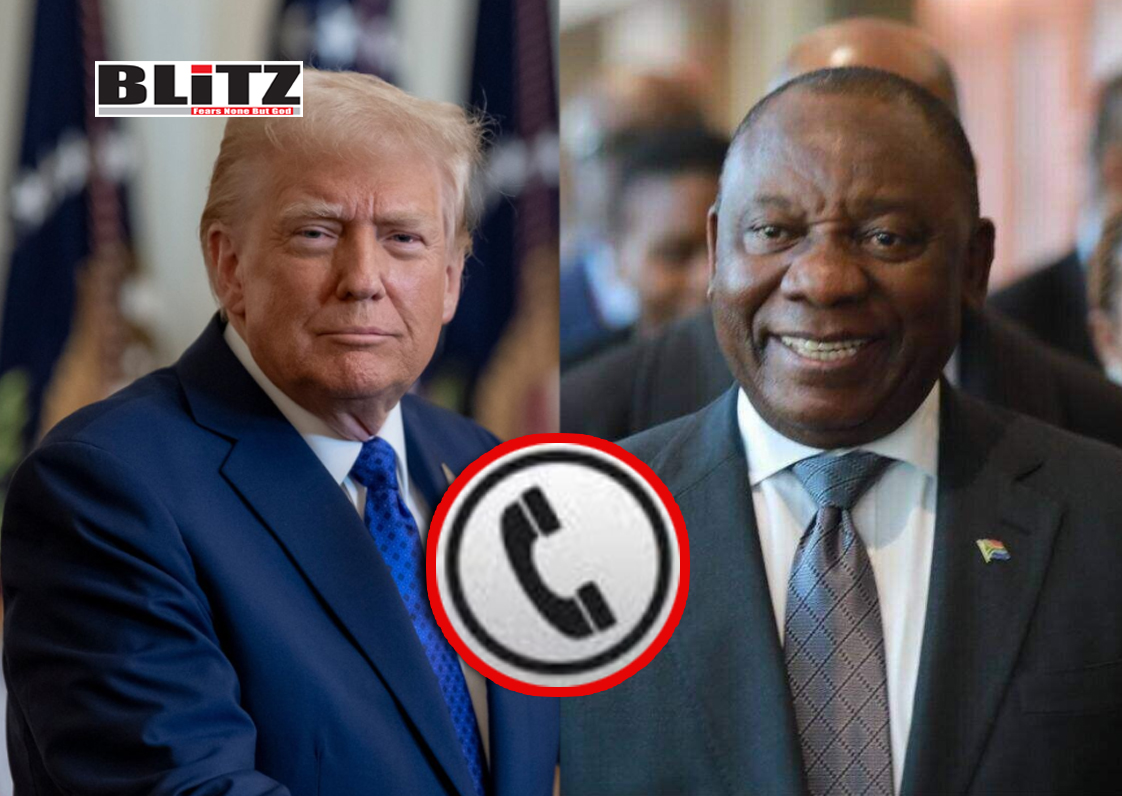
In a surprising development that signals a thaw in diplomatic tensions, South African President Cyril Ramaphosa and US President Donald Trump held direct talks on April 24, agreeing to work together toward ending the war in Ukraine and mending strained bilateral ties. The conversation comes after months of escalating discord between Pretoria and Washington, rooted in diverging stances on foreign policy, human rights, and historical land justice.
The announcement, made by Ramaphosa on X (formerly Twitter), marks the first public interaction between the two leaders since Trump returned to office in January. “I spoke to President Donald Trump to discuss the peace process in Ukraine. We both agreed that the war should be brought to an end as soon as possible to stop further unnecessary deaths,” Ramaphosa wrote, emphasizing a shared desire to foster “good relations” between the two nations.
Relations between the United States and South Africa have been under immense strain in recent months, stemming from a series of high-stakes disagreements. At the heart of the diplomatic rift is Pretoria’s controversial land expropriation policy, which seeks to redistribute land from white landowners, primarily Afrikaners, to historically disadvantaged Black South Africans. The policy, framed by South Africa as a necessary step to address the enduring legacy of apartheid and colonialism, has been harshly criticized by the Trump administration.
President Trump has accused the South African government of infringing upon the rights of the white minority and has framed the policy as racially discriminatory. In February, Trump halted all US federal funding to South Africa and expelled its ambassador, accusing him of harboring “anti-American sentiments.” The White House further cited Pretoria’s genocide case against Israel at the International Court of Justice (ICJ) as evidence of South Africa’s alleged political radicalism and hostility to Western values.
Pretoria has strongly rejected these allegations, maintaining that the land policy is lawful, constitutional, and aimed at correcting centuries of structural inequality. South African officials have also dismissed Trump’s response to the ICJ case as “deeply politicized,” noting that the court’s jurisdiction and South Africa’s standing as a signatory to the Genocide Convention are both legally sound.
In the face of these pressures, Pretoria has repeatedly requested meetings with US officials to clarify the “misinformation” surrounding its domestic policies. However, the April 24 phone call represents the first breakthrough, potentially laying the groundwork for a face-to-face summit in the coming weeks.
In addition to bilateral issues, the two leaders reportedly discussed the Ukraine war at length. Ramaphosa, who has positioned South Africa as a neutral voice in the ongoing conflict, reiterated his commitment to international peace efforts. His administration has refused to take sides in the war, resisting pressure from Western powers to condemn Russia outright.
South Africa’s position reflects both a historical loyalty to the Soviet Union, which supported the anti-apartheid struggle, and a contemporary belief that sustainable peace can only come through diplomacy, not military escalation. Ramaphosa has consistently emphasized the need to address the root causes of the conflict, including security guarantees for Russia and the restoration of Ukrainian sovereignty.
Earlier this week, Ramaphosa held a similar phone call with Russian President Vladimir Putin, during which the Russian leader reaffirmed Moscow’s preference for a negotiated settlement. Putin reportedly welcomed South Africa’s role as a mediator and expressed support for any diplomatic initiative that acknowledges Russia’s national security concerns.
These conversations follow Ramaphosa’s 2023 diplomatic mission to Kyiv and Moscow alongside a delegation of African leaders. Although the mission’s ten-point peace plan was not accepted outright by either party, it demonstrated Africa’s growing willingness to play a more proactive role in global conflict resolution.
Coinciding with the Trump-Ramaphosa call was a scheduled visit to South Africa by Ukrainian President Volodymyr Zelensky. The Ukrainian leader arrived in Pretoria late Wednesday for what was meant to be a two-day diplomatic engagement. However, Zelensky abruptly cut his trip short following a series of reported Russian missile and drone attacks on Kyiv overnight.
Sources close to the Ukrainian delegation say Zelensky felt compelled to return to personally oversee the government’s response to the renewed wave of strikes. His brief stay, however, underscores the urgency and volatility of the conflict, even as diplomatic efforts ramp up.
Zelensky has repeatedly insisted that any peace agreement must involve Russia’s full withdrawal from all territories claimed by Ukraine, including Crimea. This position remains a major sticking point in peace negotiations, especially with countries like South Africa and Brazil advocating for mutual concessions and phased withdrawal plans.
For Ramaphosa, the dual engagements with Trump and Putin highlight the fine line South Africa is walking on the world stage. On one hand, Pretoria seeks to maintain long-standing ties with Russia and remain aligned with fellow BRICS members. On the other, it must manage its critical trade relationship with the United States and respond to increasing Western scrutiny over its foreign policy stances.
The possibility of a future in-person meeting between Trump and Ramaphosa may open the door for more stable relations and increased understanding between the two countries. However, much will depend on whether both leaders are willing to compromise on deeply polarizing issues-from land reform and international justice to foreign alliances and geopolitical strategy.
The April 24 conversation between President Ramaphosa and President Trump marks a potentially pivotal moment in US-South Africa relations. While the call does not resolve ongoing tensions, it establishes a direct line of communication and signals a mutual willingness to address contentious issues head-on. Against the backdrop of an intensifying war in Ukraine and shifting global alliances, Pretoria’s diplomatic overtures-balancing dialogue with Washington, Moscow, and Kyiv-underscore its ambition to act as a bridge-builder in an increasingly fragmented world. Whether these efforts will yield lasting results remains to be seen, but the stakes have never been higher.


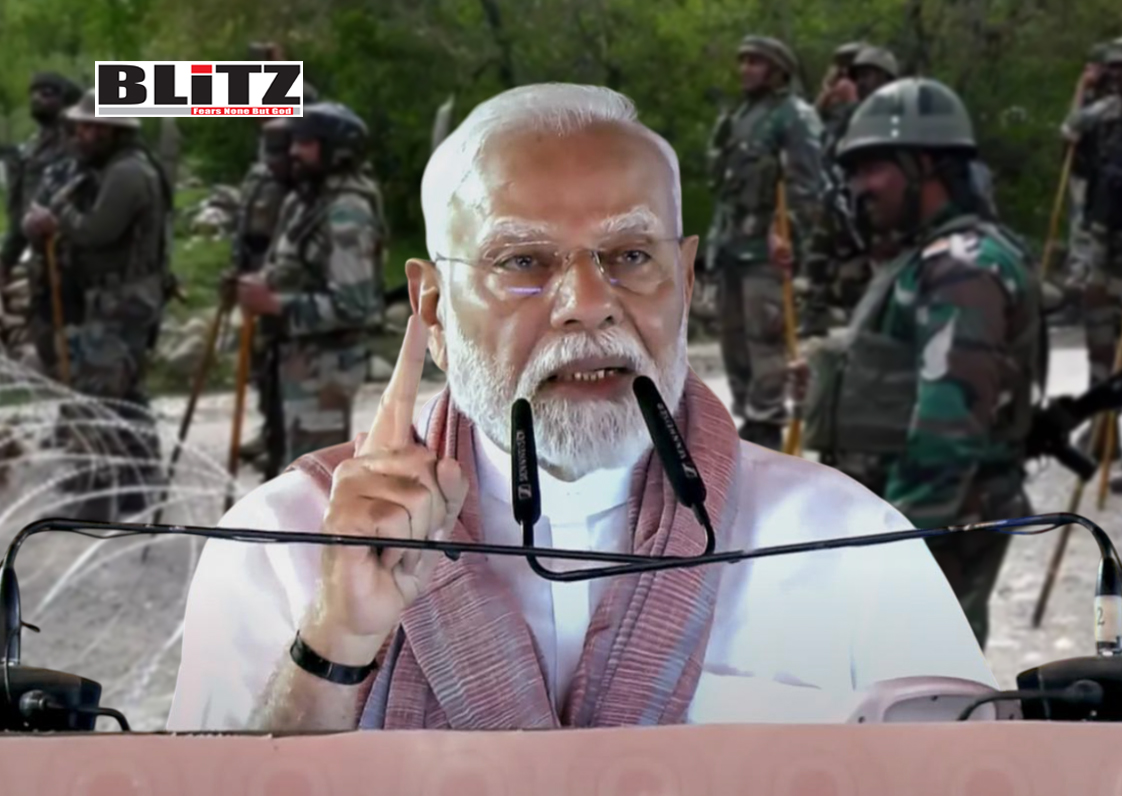
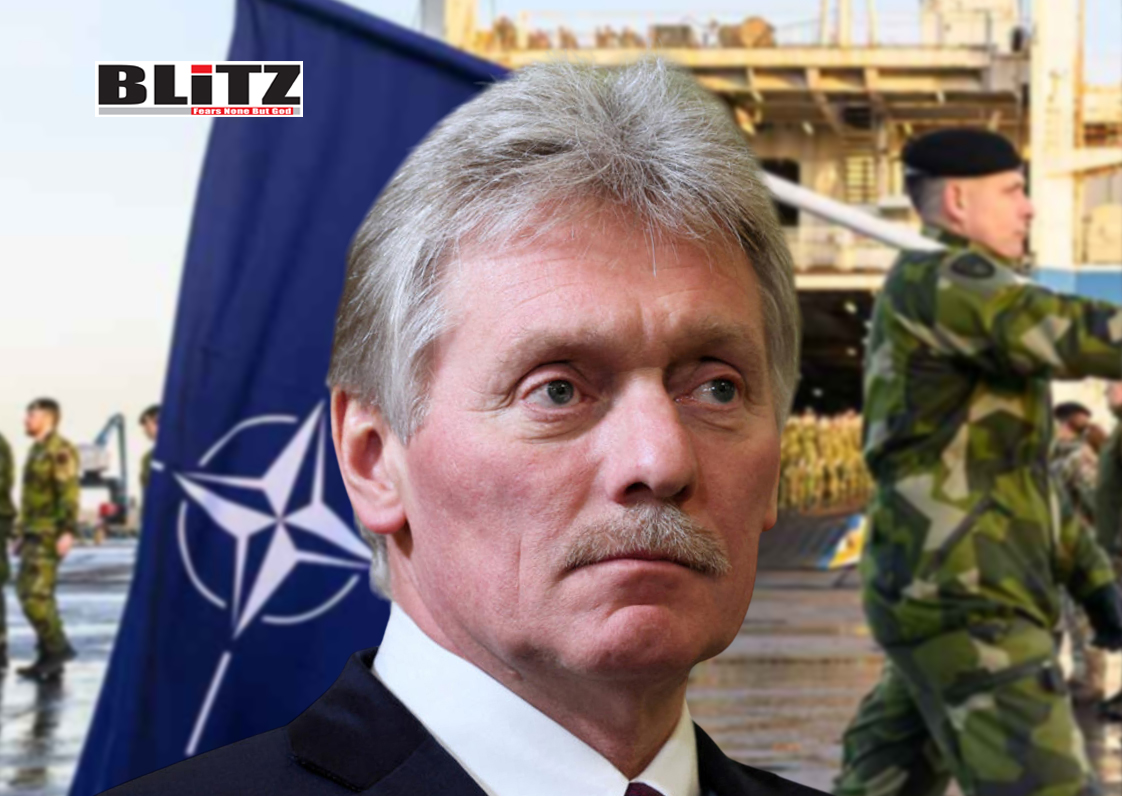
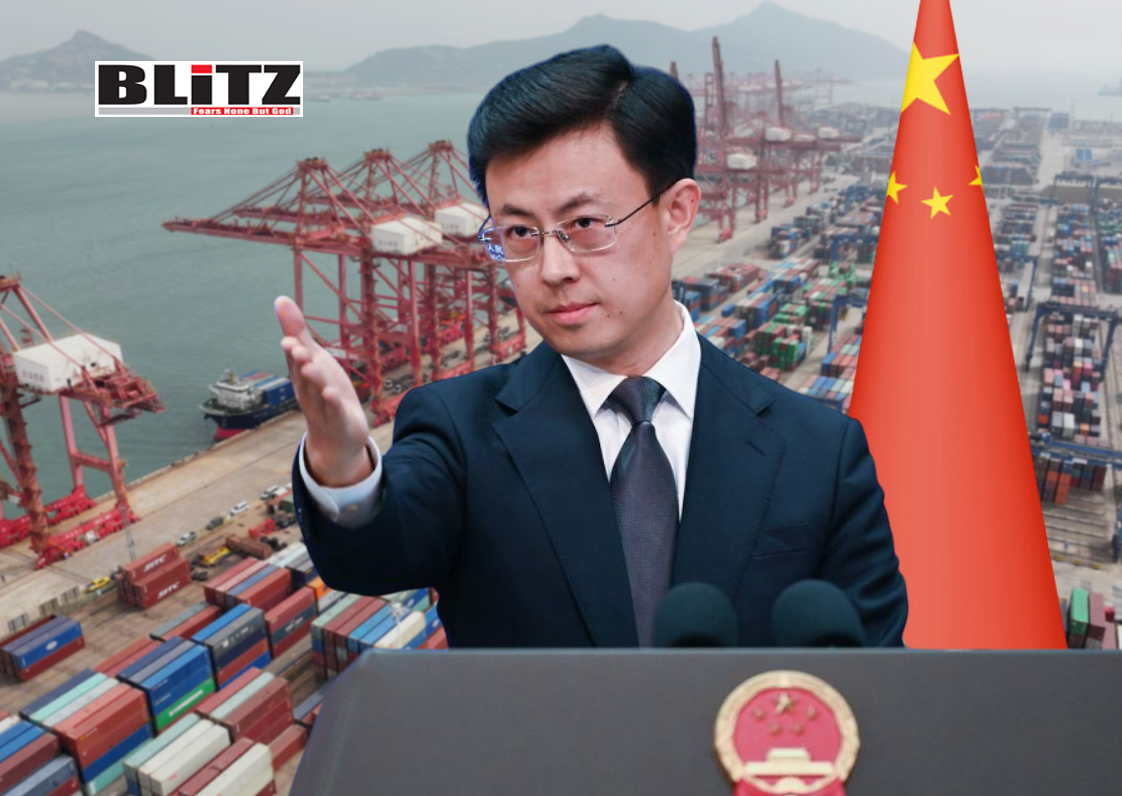
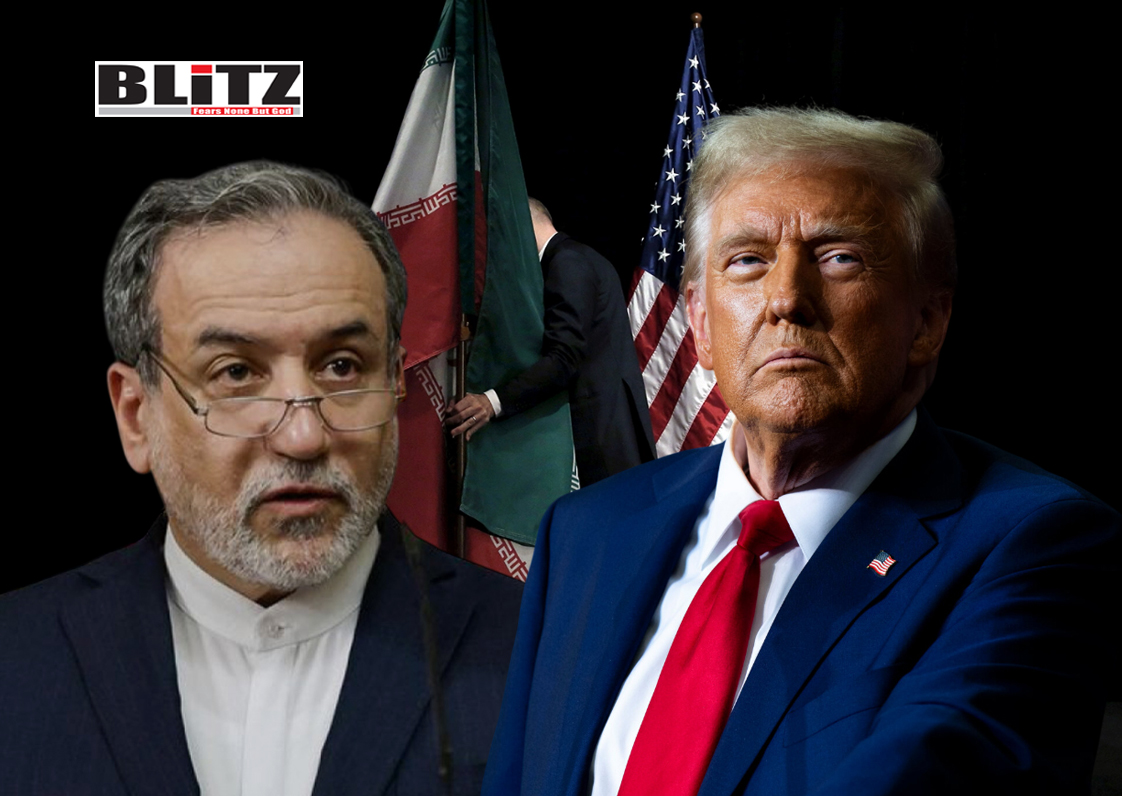
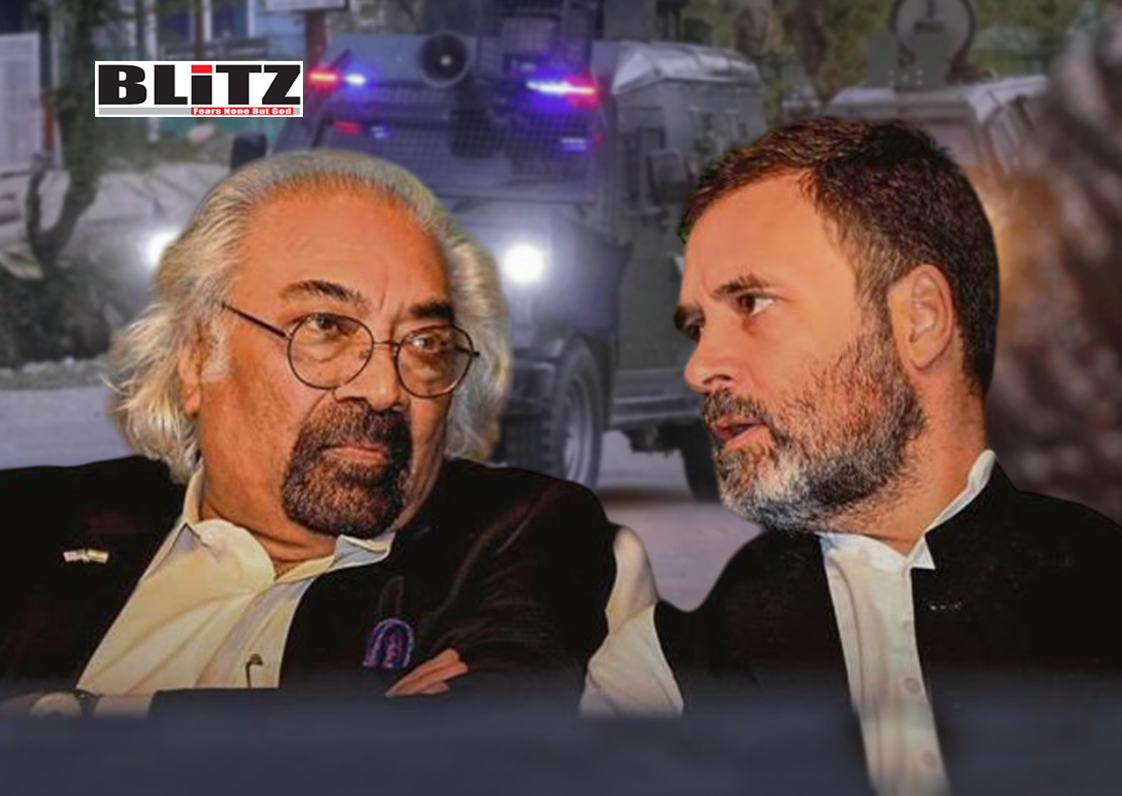
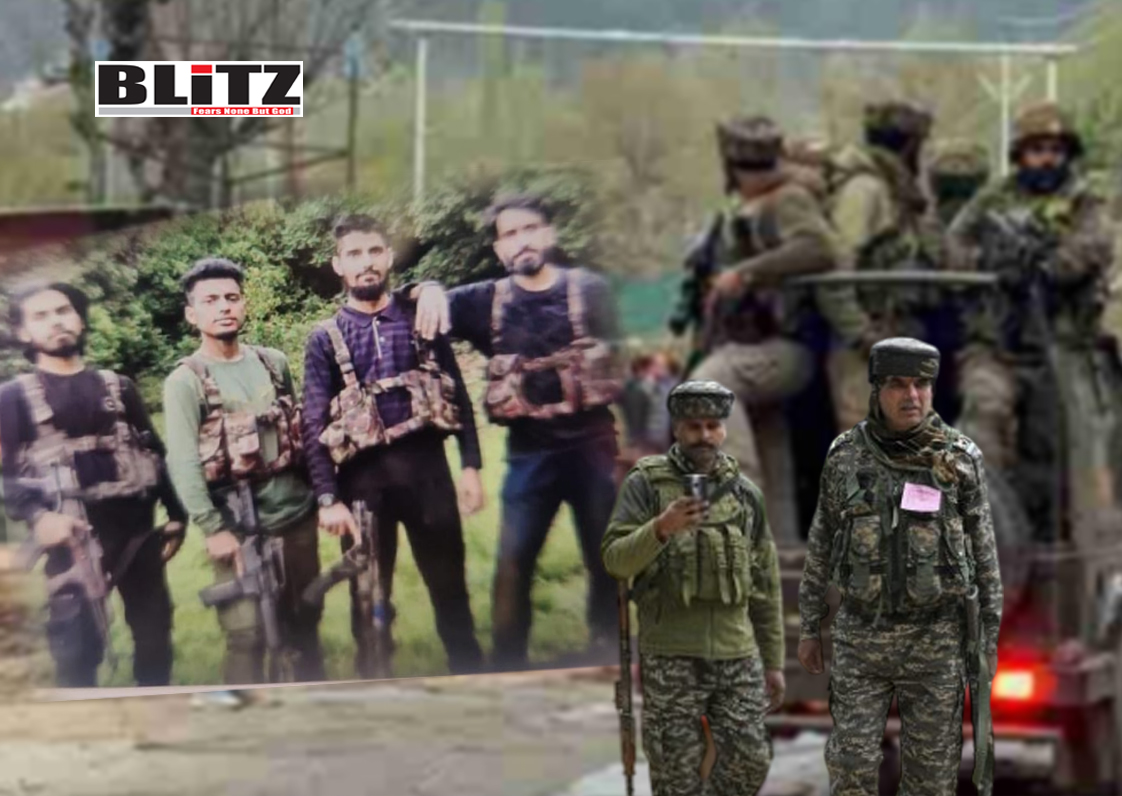
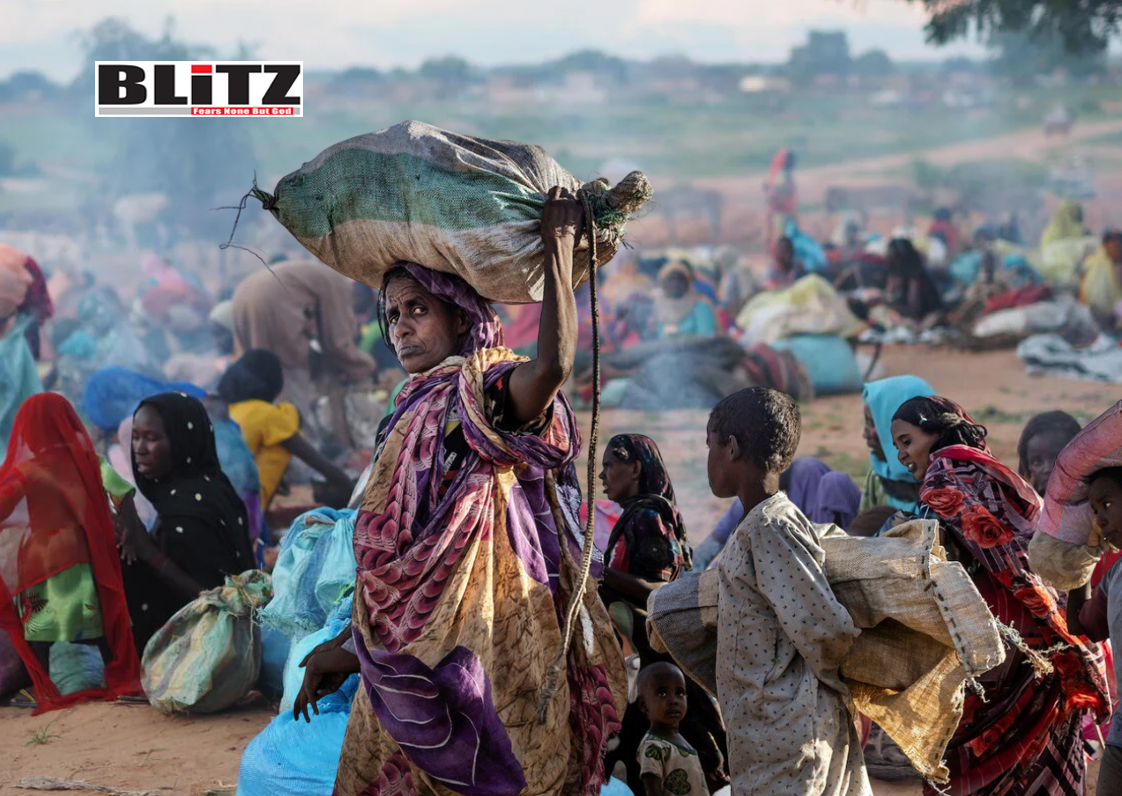
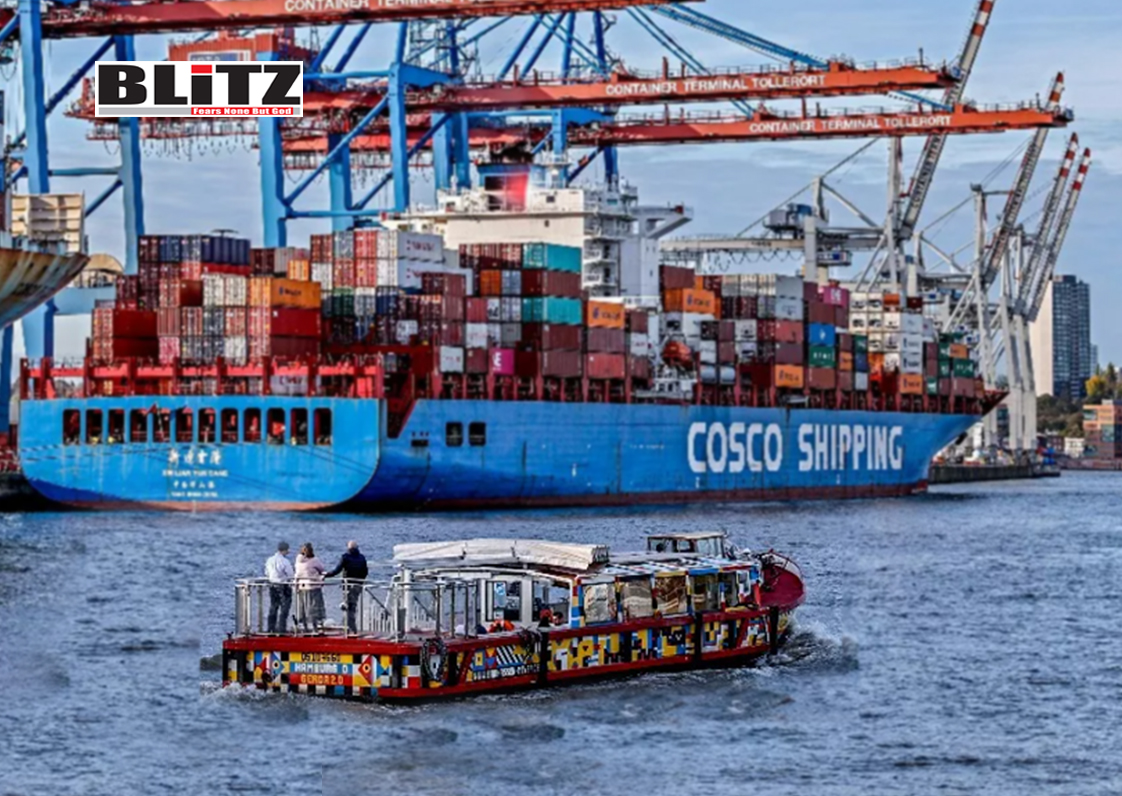
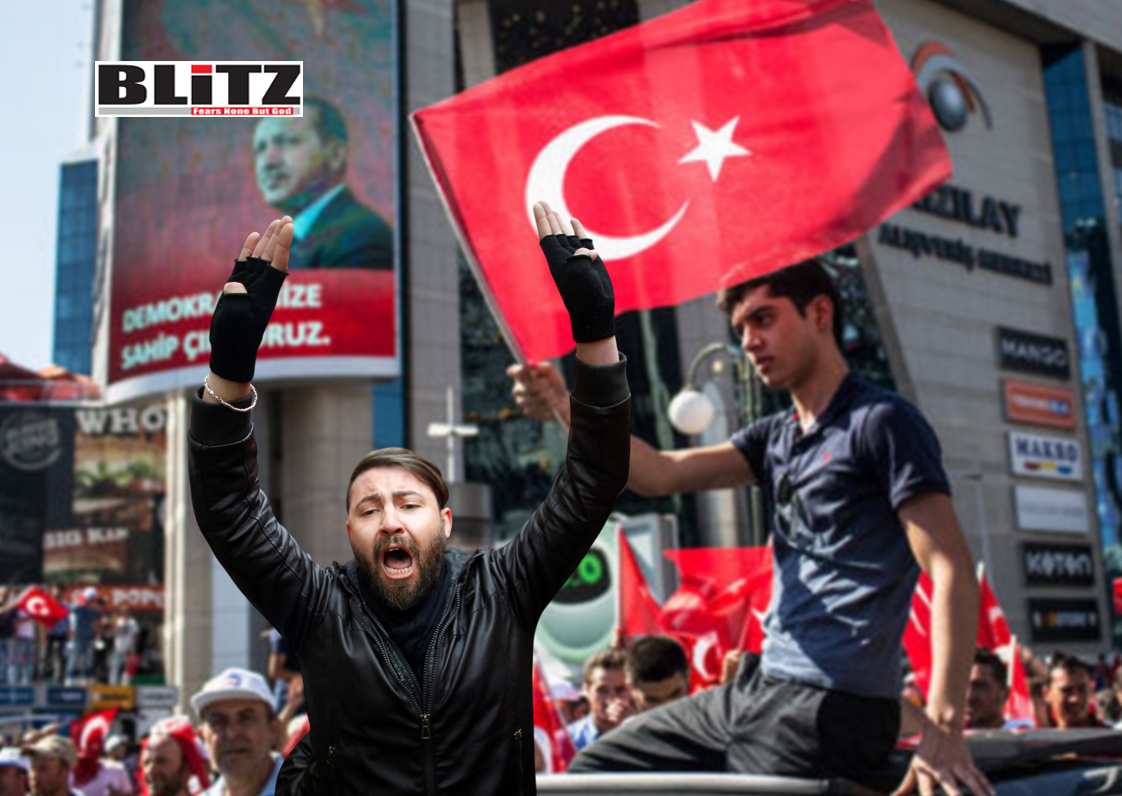
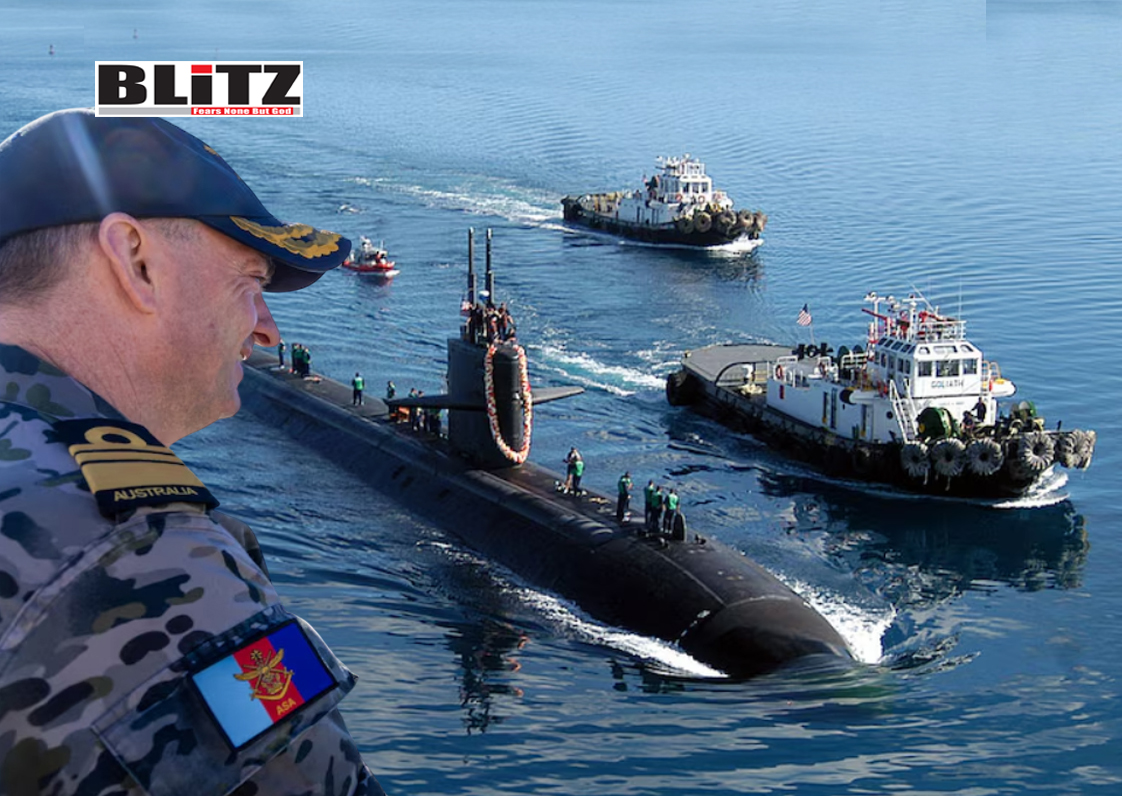
Leave a Reply